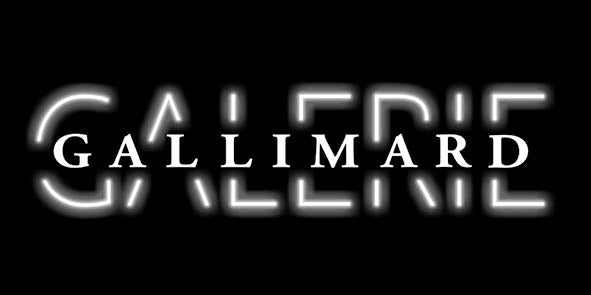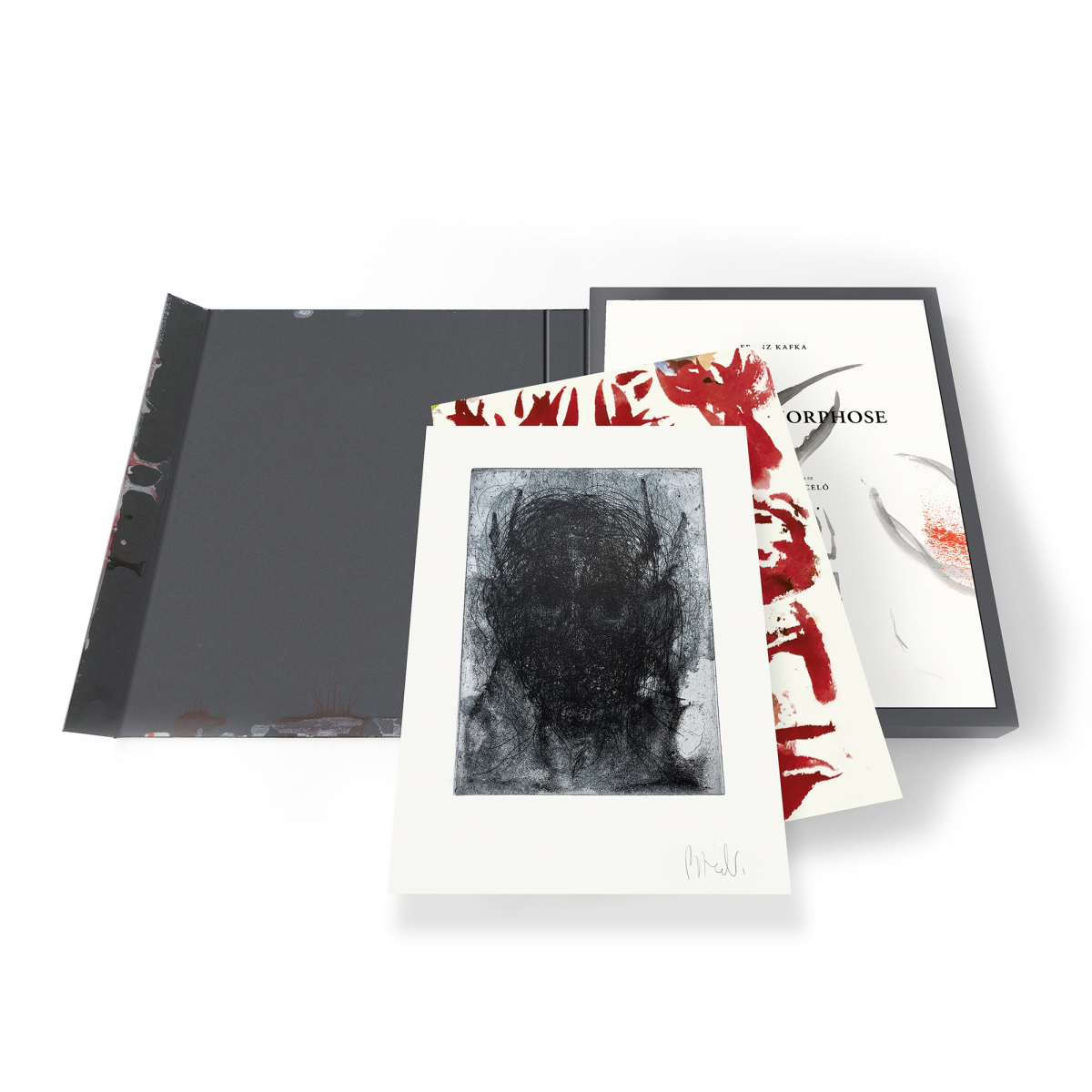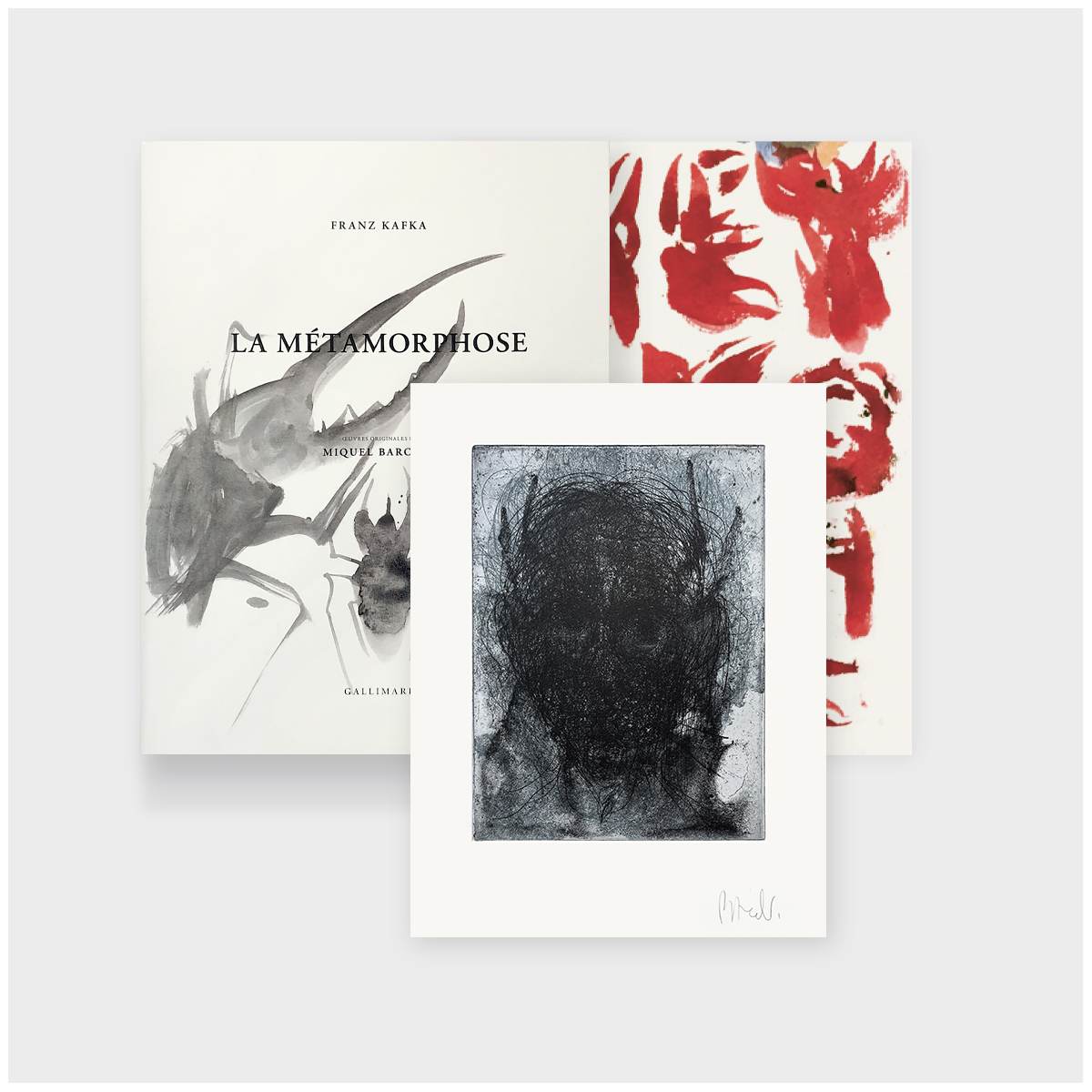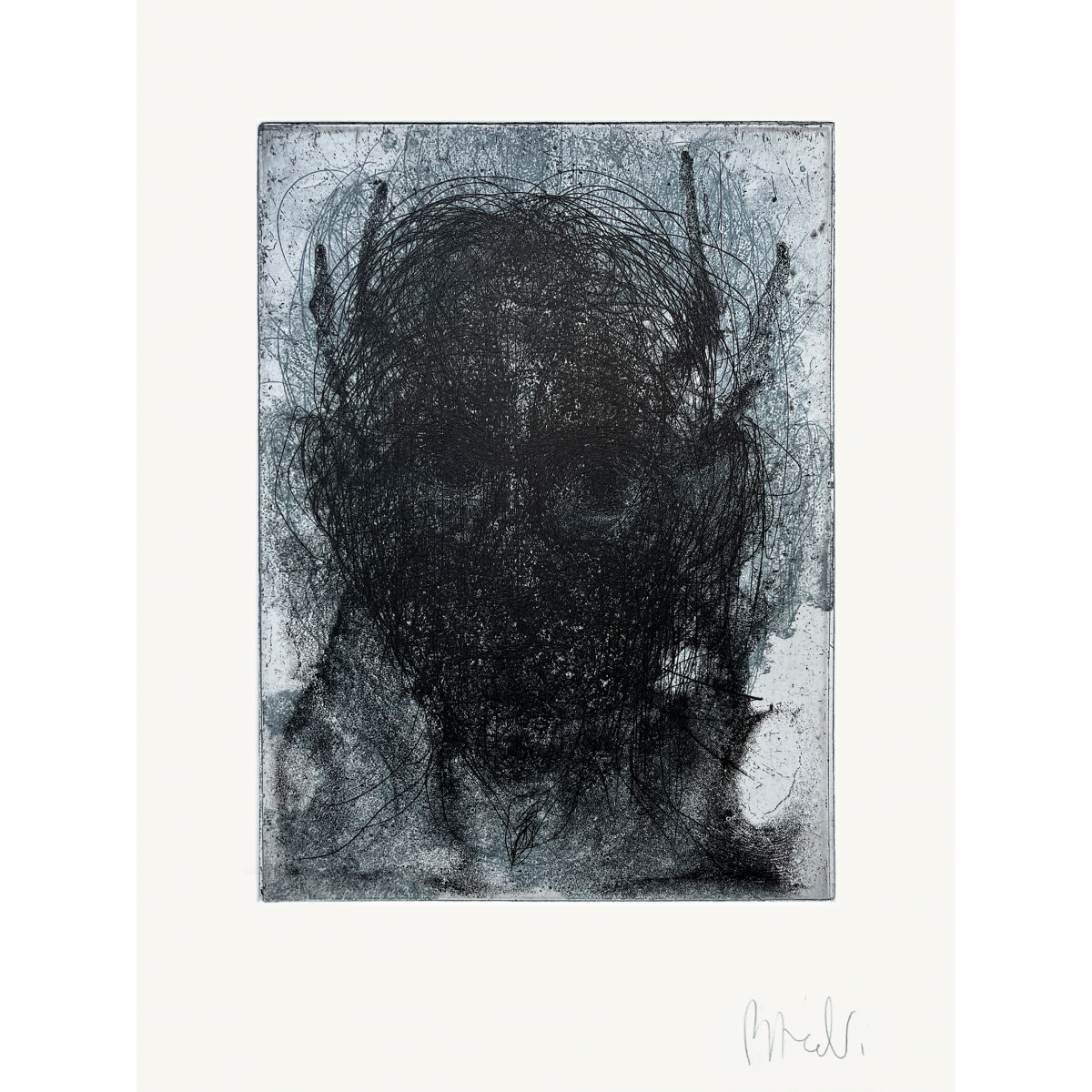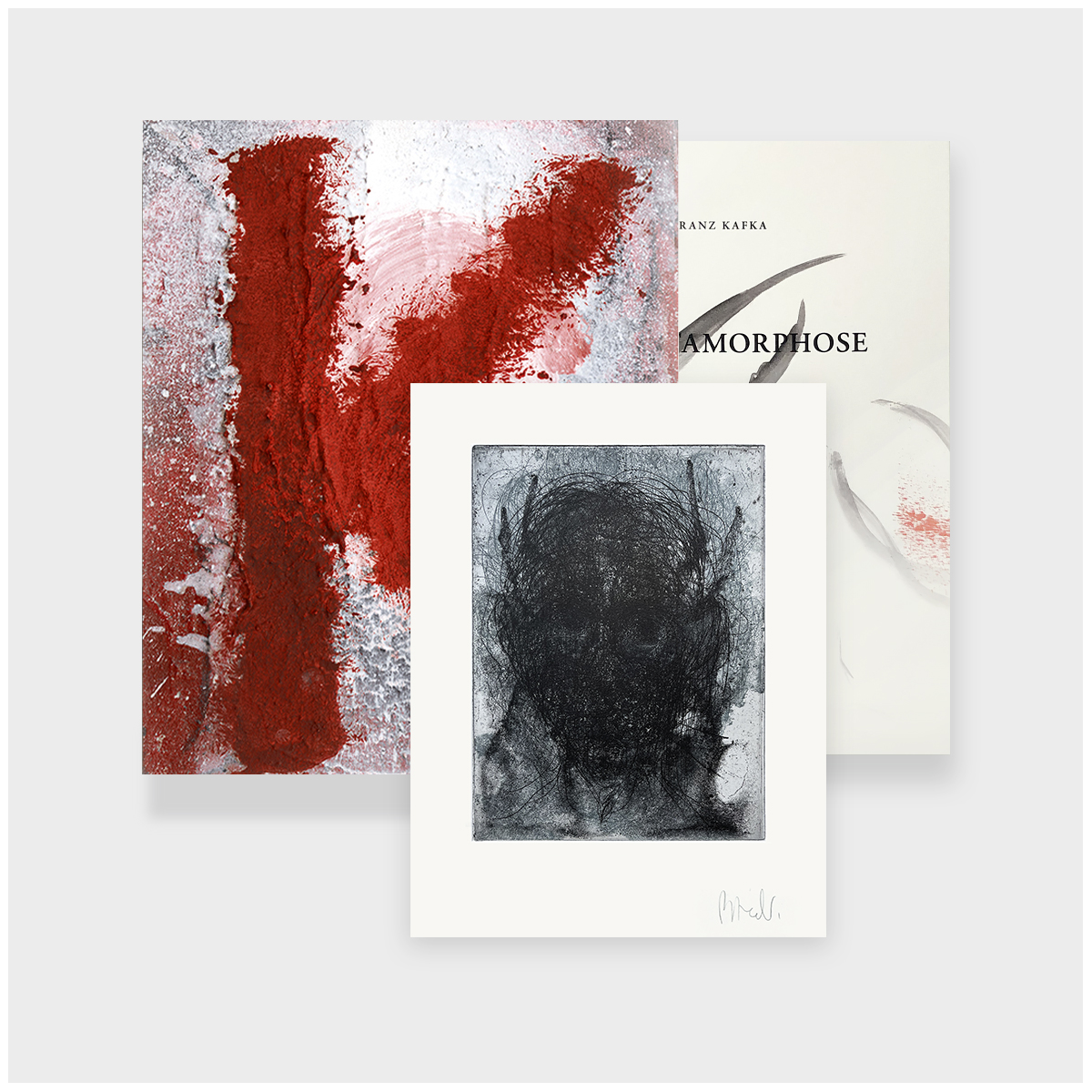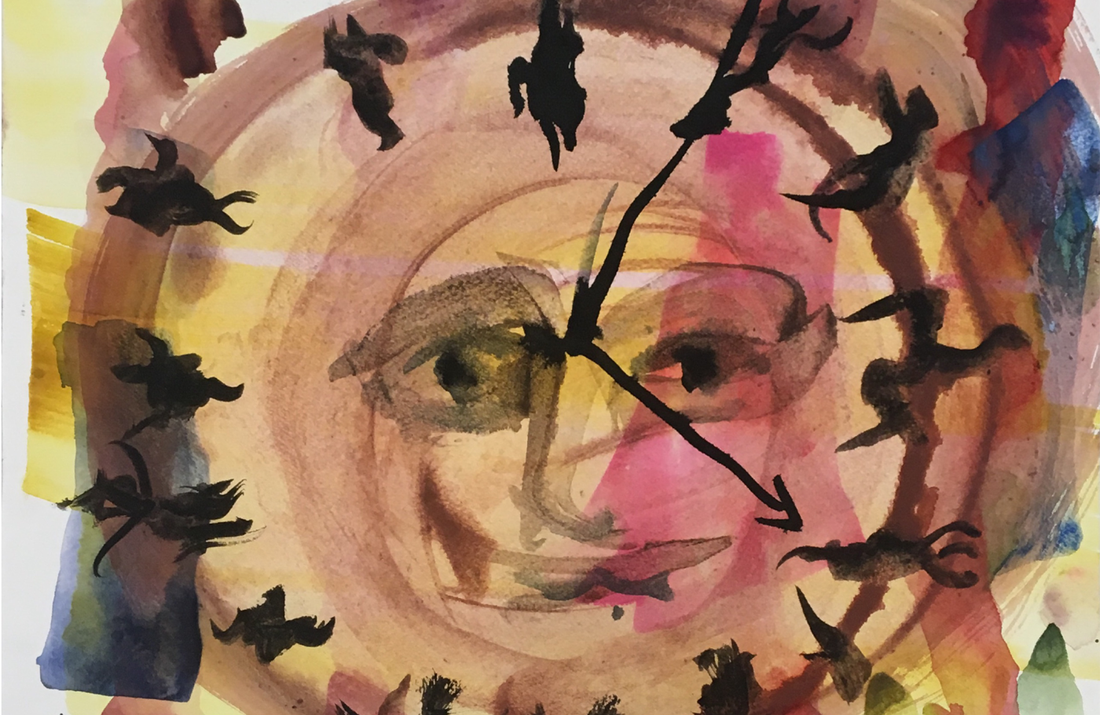
Miquel Barceló, La Métamorphose
- Based on the work of Franz Kafka.
- Exhibition sale from November 26, 2021 to March 19, 2022. Extended until April 23, 2022.
The Galerie Gallimard has the honour of hosting a new exhibition dedicated to the original watercolours created by Miquel Barceló to accompany the work of Franz Kafka, La Métamorphose.
The Spanish painter, designer, engraver, sculptor and ceramist Miquel Barceló has selected for the Galerie Gallimard around forty original works from those he has created to accompany La Métamorphose by Franz Kafka, published in the “Grande Blanche illustrée” collection.
All the works are unpublished, as they are not published in the volume.

Miquel Barceló
Miquel Barceló , born in Felanitx in 1957, entered the School of Arts and Crafts in Palma de Mallorca in 1972 and presented his first personal exhibition two years later, at the House of Culture in Manacor. In 1975, he joined the Royal School of Fine Arts Sant Jorge in Barcelona, but he did not stay there, preferring to follow a personal path to academic teaching.
The only Spanish artist invited to the "Documenta" in Kassel in 1982, he established himself on the international scene. In 1983, he made his first trip to Africa, which took him to Gao. From then on, Barceló would divide his time between Paris, the island of Majorca and Mali (until 2012), where he would spend long periods alone, among the local population. It was there that he began to use pigments found on site, made from earth, and that he created his first drawings devoured by termites.
From 1993 onwards, sculpture, in plaster, bronze or ceramic, occupied an increasingly important place in his work, with terracotta becoming a preferred material for his artistic experiments.
"I read La Métamorphose at the age of 13 or 14 in one go, at night. Maybe even twice in a row, as I used to do sometimes. […] I then reread it several times. Maybe every decade. I consider it a kind of essential and modern comic (like Cervantes). The more the years and events pass, the more I find Franz Kafka relevant, with this humor that was said to be Jewish but which is a very ancient form of humanism... cosmic despair... […] Metamorphosis: change. The only one who does not change is Gregor Samsa, he may be losing weight, but he remains the same from the moment he wakes up until the end. Everything around him is transformed. His father, his mother, his little sister! After reading it, we become aware of something that we had forgotten for a long time, that we already knew."
Deeply influenced by this fiction, this is how the artist explains the strong bond that binds him to this text that has inhabited him since his adolescence.
